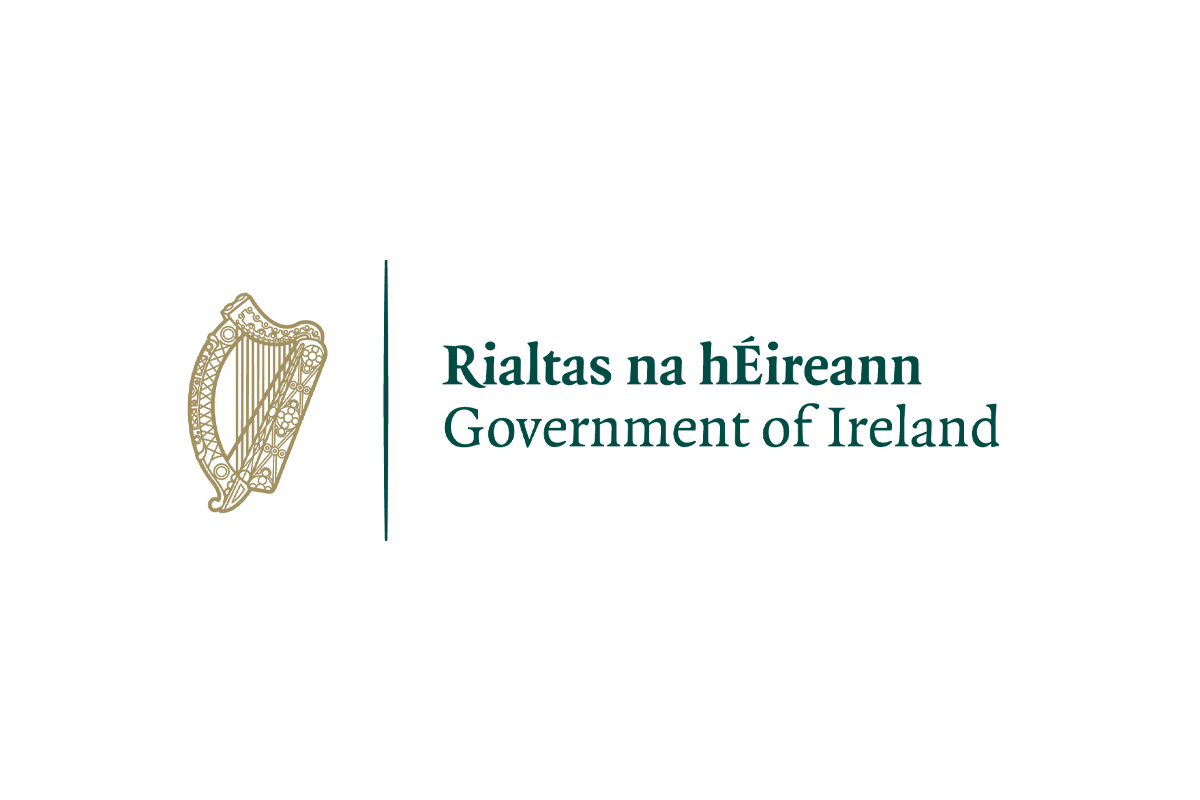Whether you’re a student, a freelancer, or a stay-at-home parent, financial literacy is something we all desperately need, especially as 2021 rolls around. Personal finance management is a crucial life skill that most people lack by the time they enter adulthood.
However, there is a plethora of financial resources, motivational books, and online courses on how to amend your financial literacy in your spare time. Let’s take a look at some of the most outstanding ways to boost your financial literacy regardless of where you stand at the moment.
1. The Money Book for the Young, Fabulous & Broke by Suze Orman
People who most often struggle with financial literacy and personal finance are young adults, college students, and millennials who are about to start their families. These people need quick and to-the-point advice on how to manage their income, taxes, and expenses without unnecessary fluff.
Enter The Money Book for the Young, Fabulous & Broke, which is written as a handy guidebook on financial literacy with step-by-step instructions and advice. This book can successfully ease you into concepts of credit cards, stock investment, tax, and other need-to-know terminology and life skills related to financial literacy.
2. Personal Finance – Khan Academy
Today’s youth is used to relying on online resources, social media, and digital platforms for learning and development for more than their predecessors. Khan Academy is an online learning platform aimed at K-12 and academic students.
One of their courses revolves around life skills and financial management which can be a great entry point for young people looking for assistance. This free course encompasses topics of saving, interest, debt, housing as well as college tuition management in simple and approachable multimedia courses. As a bonus, the platform also features a rudimentary testing element that you can use to check how much you’ve learned so far.
3. Financial Coaching – Qoins
Depending on the type of person you are, you might want an actual financial expert to walk you through financial literacy and personal finance management. As such, Qoins offers an extensive financial coaching program that will pair you with a suitable coach to work with you.
Financial coaching revolves around your personal schedule and you will be able to contact your coach at any time for advice on finance management. You can also set financial goals and track them each week and month with the coach there to help you through the process. This is a great opportunity for anyone who thinks they lack the financial literacy to make up for it through a unique and personalized coaching program.
4. Personal Finance for Dummies by Eric Tyson
The widely-popular “for Dummies” series of books also features a special publication based around personal finance management. Anyone who has ever picked up one of these books will tell you that they are in-depth and practical above all else.
It revolves around actionable advice on how to manage finance so that you avoid hardship and invest your resources in a smart way. This can help you build future competencies in order to meet adulthood and more complex financial literacy concepts more easily. The book is suited for anyone from K-12 students to people who are about to buy a property and start a family.
5. The Investment Answer by Gordon Murray
If you are looking for financial literacy on investment, this is the book for you. The Investment Answer is a practical how-to resource on investment which relies on everyday language and tips on how to enter the stock market.
“This book is suitable for anyone willing to invest in the near future and students who study finance or economics due to its real-world examples”, says Estelle Liotard, writer and educational advisor at Get good grade writing service. It can serve them as a great pointer for academic coursework writing given that it doesn’t rely on niche terminology and difficult-to-grasp concepts. The Investment Answer should find its way into your finance literacy library once you are more familiar with baseline concepts introduced in previous resources.
6. Finance Management – Udemy
As we’ve mentioned, lifelong learning and constant development has become second nature for today’s youth. Udemy is an online learning platform with numerous free and paid courses on financial literacy and personal finance management.
It is available both as a web-based platform and iOS/Android app, meaning that you can learn at your own pace without any pressure. The courses on offer on Udemy range from financial goal-setting, debt management, and budgeting all the way to stock market management. You can spend as little or much time as you want on Udemy and enjoy its gamified learning experience while also gaining valuable financial literacy.
7. The Go-Giver by Bob Burg
Once you are more comfortable with your knowledge of finance management, you can delve into entrepreneurship and business idea development. The Go-Giver is a powerful book on financial literacy which you can use as a guide on how to start your own business properly.
Bob Burg wrote the book as a series of stories in which he meets successful business professionals who coach him on solo entrepreneurship and finance. It is very accessible for both younger and more experienced readers with entrepreneurial aspirations.
8. The Psychology of Money by Morgan Housel
Smart finance management is all about reevaluating how you live and spend your money on a daily basis. This is the hypothesis set forth by Morgan Housel, the writer of The Psychology of Money. In this book, Housel explores 20 different tips on personal finance management and how it relates to sustainable living.
The book illustrates complex concepts such as financial decision-making and math-based money management is very accessible and enjoyable ways. It is suitable for anyone who wants to improve their financial literacy through bite-sized chapters with actionable takeaways.
Life-Long Finance Literacy Development (Conclusion)
Looking for help on how to improve your financial literacy is nothing to be ashamed of. Managing your own finances and keeping track of income and spending can be difficult without the proper know-how, so why not work on it?
Take a closer look at the books and resources we’ve covered and see if you can find the ones that suit your needs. There is no upper ceiling when it comes to finance literacy – learn as much as you can and for as long as you can. The work you put into improving your financial management will pay off in spades as you go forward in life.








Leave a Reply